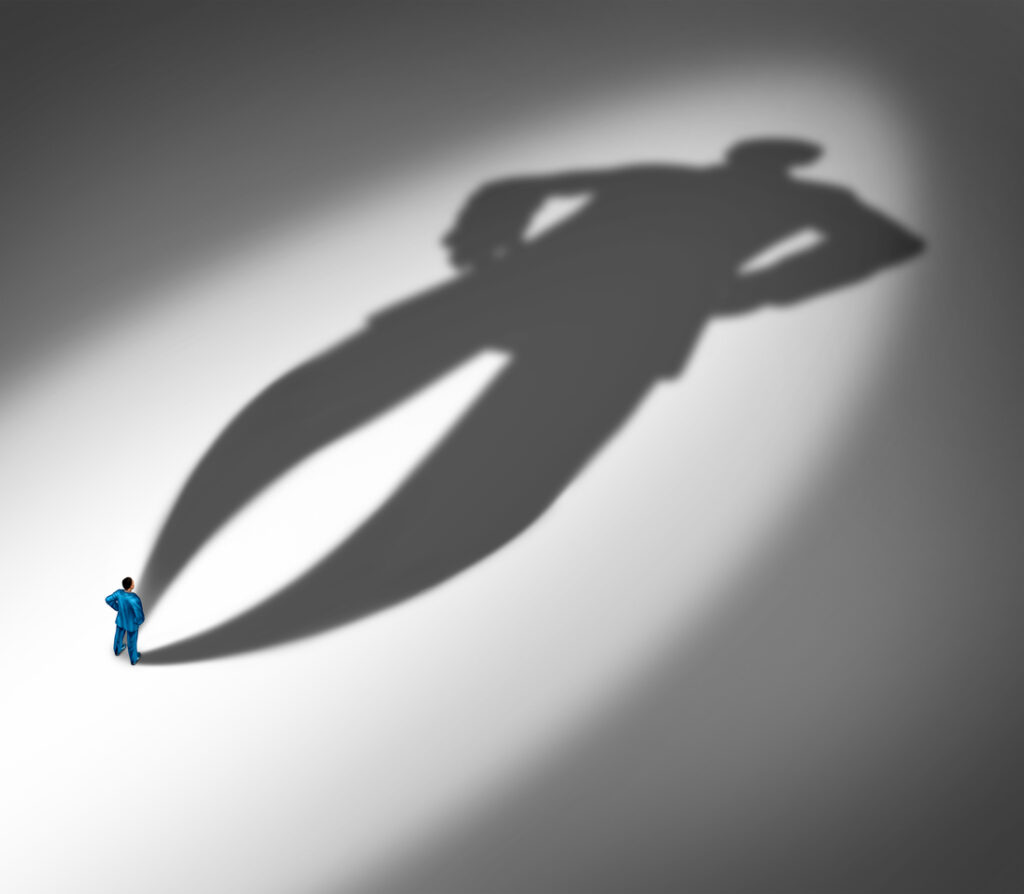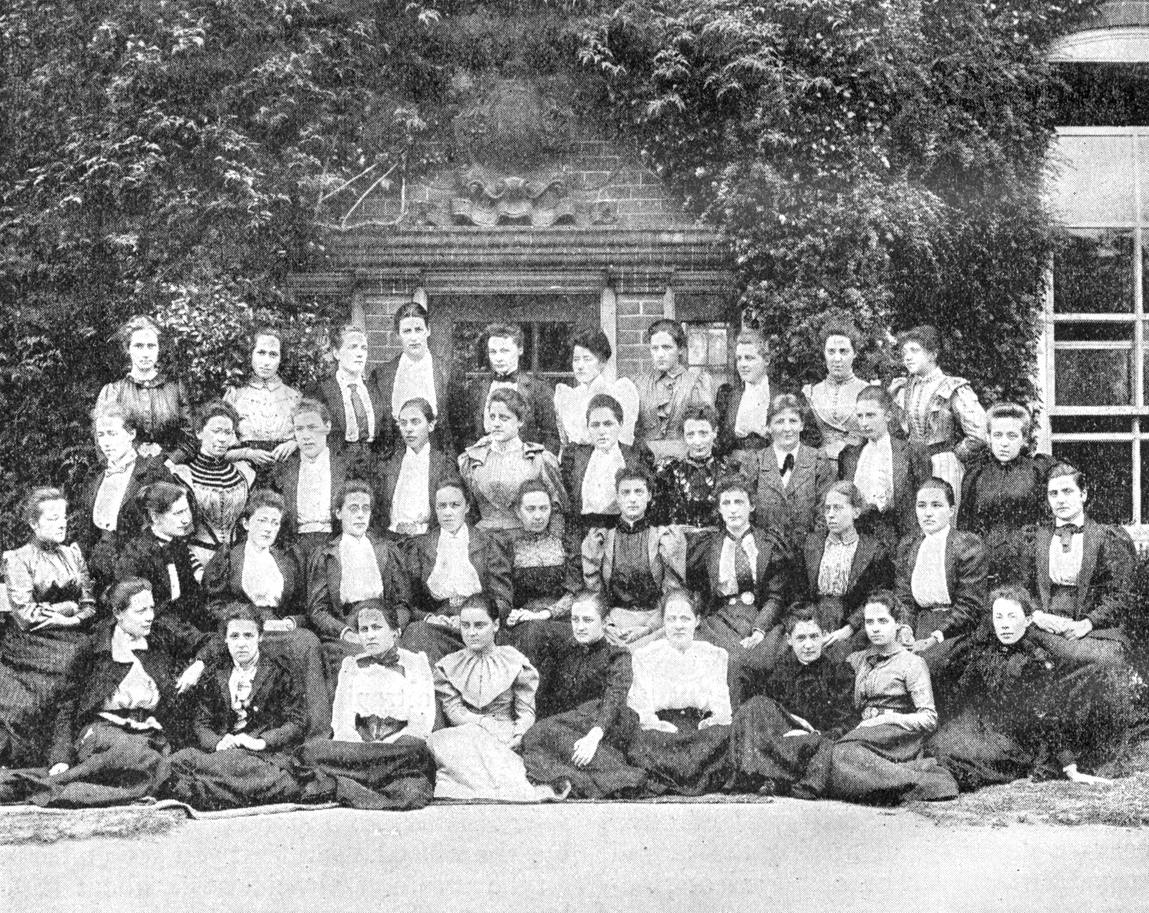How is this so?
In the Long Path we work with the ego on the ego and in many ways for the ego. It’s different than ordinary life, in that we know we have a soul, and we work consciously and diligently to align ourselves with it. So it is a Path: it leads somewhere, away from being fully at the mercy of our selfish, self-centered, narrow-perspectived impulses (which actually have no mercy). We do make progress in various forms of self-mastery.

On the Short Path we still work (if it can truly be said to be “we” who are working) with the ego. But we no longer work for the ego. At our best moments we no longer even work as the ego but as and for the Overself. We now know that we are a Soul, and we try to be it in all situations, whether alone or with others. We learn to live and respond as Soul rather than assert and react as ego. Our progress if there can be said to be such is a continually deepening expansion into Self-mystery.
The Short Path is in fact less a path than a posture. We’re not going anywhere because everywhere is Overself and there is no distance between how we stand and who we truly are. We don’t slouch, we don’t cringe or flinch. We don’t seek or falsely claim credit for what gives and is given freely.
There are exercises and practices on the Short Path. It’s rare for the full transformation to happen without them. Affirmations, for example. We may affirm many great truths, appropriate to situations and challenges (yes there are still challenges) that arise. But we must not affirm them of the ego—that would be the Wrong Path. We must affirm them only of the Overself.
“I am infinite Peace,” for example, is a lie when the I meant (identified with as speaker) is ego. It is a truth only when the I meant and identified with is Overself. The first will only deepen our plight. It is a wrong path.
Long Path work helps us see the difference between ego and Overself. It helps us develop an awareness of how the ego keeps us in its power and misdirects our best intentions so that what we worship is never really Overself but always ego, our own ego. It helps us get to a point that we see that we cannot escape ego with or as ego. And then we may be ready to open to the radically different posture of the Short Path.
 But to start to make the change in what we identify with (I am a Soul versus I have a soul), the transformation from identifying with ego to identifying with Overself, a certain grace must come into play. We must be ready to open to it and not let the swarm of habits that has kept us away from it drag us back to ego. To do so, we must be able to clearly distinguish Overself and ego.
But to start to make the change in what we identify with (I am a Soul versus I have a soul), the transformation from identifying with ego to identifying with Overself, a certain grace must come into play. We must be ready to open to it and not let the swarm of habits that has kept us away from it drag us back to ego. To do so, we must be able to clearly distinguish Overself and ego.
Paul Brunton once contrasted the Long and Short Paths to me with a metaphor of rubbing two sticks together. He said that the Long Path is like rubbing them together until they get hot enough to start a fire. The Short Path then requires us to stop rubbing and let the Fire do its work.
Paul Cash is co-editor of The Notebooks of Paul Brunton and co-owner/publisher of Larson Publications.
Additional resources:




